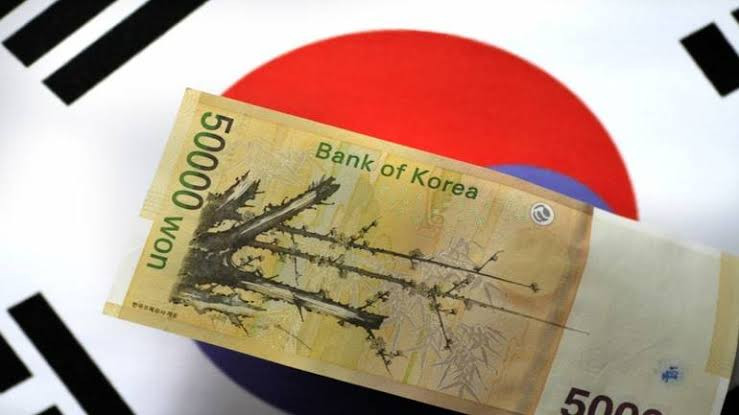Korea's core consumer prices' growth is at its slowest pace in almost 20 years in the 12 months leading to September.
South Korea, in its current economic state, though not in favorable terms with Tokyo, have important economic lessons to learn from it.
Even with the last-minute diplomacy and entreaties of US officials, Japan still imposed export controls on industrial and high-tech products going to South Korea that would affect the world's fourth-largest economy drastically.
This dispute is rooted in history with Japan's colonial occupation of Korea from 1910-1945.
Korean core consumer prices, with volatile items including energy and food removed, just rose by 0.6% in the 12 months leading to September, the lowest figure in almost two decades.
Likewise, Koreas' GDP growth has slowed.
These, together with the country's private-sector debt piling up, raise all signs pointing to the country following in it is neighbor's footsteps, Japan, in the 1990s.
Still, Korea's nonfinancial corporate businesses kept their debt levels roughly stable over the past decade, close to 100% of its GDP.
Households' debts are entirely different with debt levels rising to 92% of the country's GDP during the first quarter of 2019, up 20 percentage points since the global financial crisis.
It was in the 1990s that Japan was in as a balance sheet recession, almost the same difficult economic situation that Korea is in now.
All sectors of the Japanese economy tried to pay down their debts at the same time that lead to economic stagnation.
The Nikkei 225 began its decline at the end of 1989 when it tumbled down more than 40% in the next 10 months, followed shortly by a steep decline in land prices.
The financial crisis associated with this slump of Japan was not that bad, however.
Few banks collapsed and most of the nonperforming loans in Japan emerged during the mid-1990s, years after its asset bubble burst.
Deflation and meager growth caught up with Japan making debt repayments ever more difficult, undermining bank balance sheets.
The fact is, Japan's 1997-98 banking crisis was more severe than its economic environment in 1990-91.
However, Korea doesn't need the same situations for a financial crisis to happen because its stalling growth and inflation combined with uncertain times for global trade are enough.
Producer prices have fallen at a faster rate than consumer prices at 1.9% in the 12 months leading to September.
Japan's lost decades were as much a result of its response to the bursting bubble as they were to the crisis itself.
The Japanese government's cleanup of bank balance sheets was very slow, easing monetary policy was done slowly as well and fiscal stimulus was inconsistent.
It seems that policymakers in Seoul are careful of not making the same mistakes with the 9.3% spending increase for 2020 that the country just passed looking promising.





